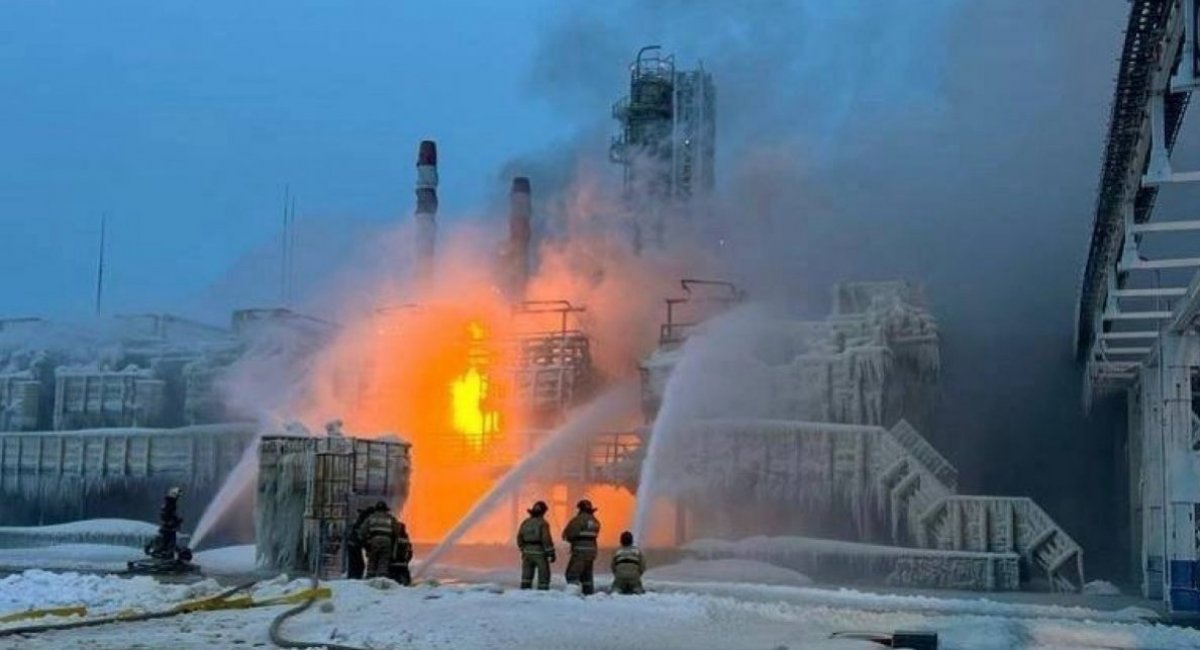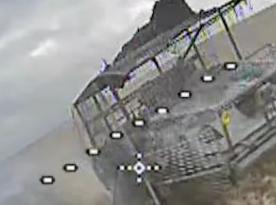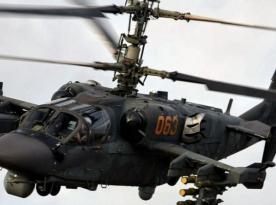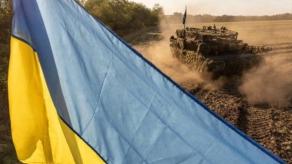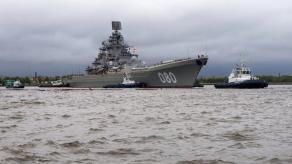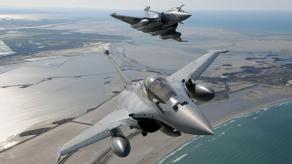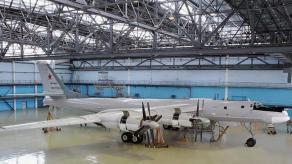From July 1, 2024, russia implemented an increase in domestic gas prices of 11.2 per cent. This hike is almost certainly intended to increase revenue from russia’s domestic market, in response to the loss of natural gas exports to Europe. This was a consequence of sanctions against russia for invading Ukraine, as well as russia intentionally reducing gas supply to Europe in response. In 2023, Gazprom’s net annual loss was approximately 629 billion rubles (USD $6.9 billion), its biggest annual loss in 25 years, according to the UK Defense Intelligence.
Gazprom, one of russia’s state-owned energy companies, is considered to have a monopoly over the domestic gas supply market. Price rises are therefore regulated by the russian government. This doesn’t apply to other producers such as Novatek, which account for a smaller market share.
Read more: The UK Defense Intelligence: russia’s New System to Stop Potential Recruits Fleeing

Inflation in russia is highly likely to remain above the Central Bank of russia’s target of 4 per cent in the second half of 2024. This is partly due to increases in domestic gas prices alongside other rising household bills and increased government spending – which is mainly driven by russia’s rising defense spending on the war in Ukraine. Gas prices for russian households are estimated to have increased by nearly 34 per cent since the start of the invasion, despite russia being the world’s second largest producer of natural gas in 2023. These are due to rise a further 8.2 per cent in 2025, which will almost certainly add to inflationary pressures in russia’s economy and weaken spending power for ordinary russians.
Read more: The UK Defense Intelligence: russia’s Invasion Comes at Enormous Human Cost




